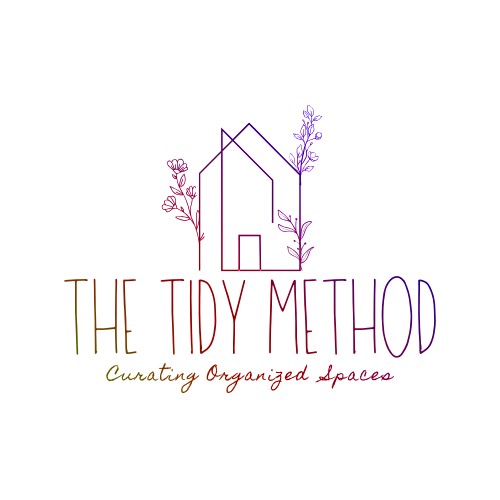We often think of decluttering as a way to make our homes look better, but its most significant benefits may be invisible. The level of organization in your living space has a profound and scientifically-backed impact on your physical health, influencing everything from stress levels and sleep quality to your dietary choices.
The Stress-Body Connection
Your home environment can either be a sanctuary or a source of chronic stress. For many, clutter acts as a persistent, low-grade stressor. A study from UCLA’s Center on Everyday Lives of Families found a direct link between a high density of household objects and elevated levels of the stress hormone cortisol in female homeowners (Saxbe & Repetti, 2010).
When cortisol levels are constantly high, your body remains in a “fight-or-flight” state. This can lead to serious physical health consequences over time, including a weakened immune system, increased inflammation, higher blood pressure, and digestive issues. By decluttering, you are actively reducing a major environmental stressor and giving your body a chance to return to a state of balance and calm.
Organization for Better Sleep and Nutrition
A chaotic environment doesn’t just stress your mind; it can sabotage your health goals. Research has shown that people in messy, chaotic kitchens are likely to eat more calories—specifically, they ate twice as many cookies as those in an organized kitchen (Anderson et al., 2017). The authors suggest that a chaotic environment can trigger a stressed, “out-of-control” mindset that leads to poor food choices.
Your bedroom is another critical health zone. The National Sleep Foundation has long advocated for a cool, dark, and quiet bedroom, but organization is a key—and often overlooked—component of good sleep hygiene. Clutter can act as a visual reminder of unfinished tasks, leading to mental arousal that makes it difficult to fall asleep and stay asleep. A 2012 poll by the foundation found that people who make their beds every morning were 19% more likely to report getting a good night’s sleep regularly. This simple act of organization helps set the stage for a restful night.
By creating an organized home, you are building an environment that supports, rather than undermines, your physical health. Starting with the two most important zones—the kitchen and the bedroom—can lead to lower stress, better food choices, and more restorative sleep.
References
- Anderson, C., John, A., Tankard, M. E., & Wansink, B. (2017). Clutter, chaos, and overconsumption: The role of mind-set in stressful and chaotic food environments. Environment and Behavior, 49(2), 223-241.
- National Sleep Foundation. (2012). 2012 Bedroom Poll. Retrieved from https://www.sleepfoundation.org/wp-content/uploads/2018/10/2012-bedroom-poll-summary-of-findings.pdf
- Saxbe, D. E., & Repetti, R. L. (2010). No Place Like Home: Home Tours Correlate With Daily Patterns of Mood and Cortisol. Personality and Social Psychology Bulletin, 36(1), 71–81.
